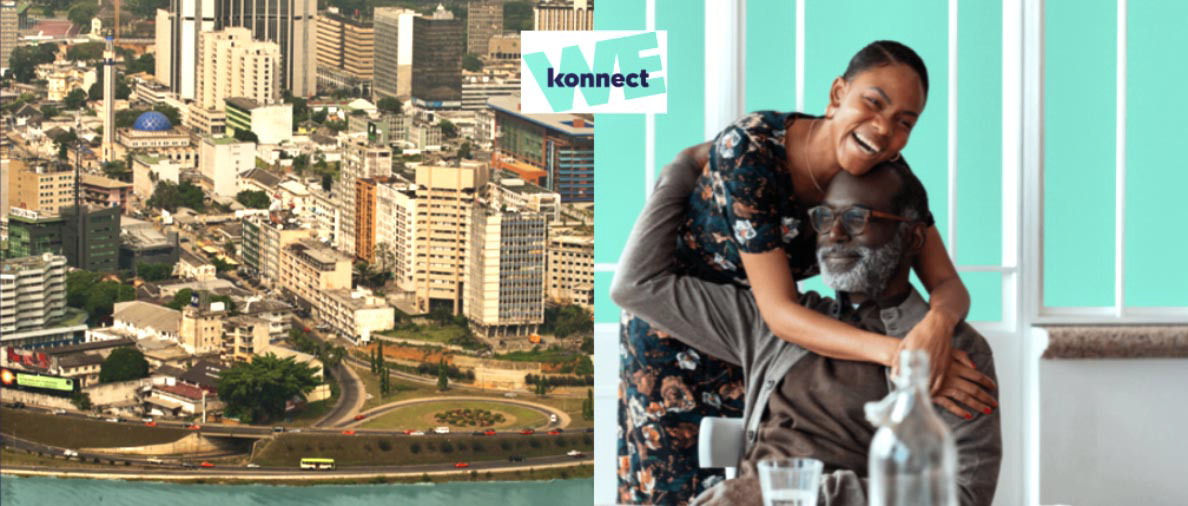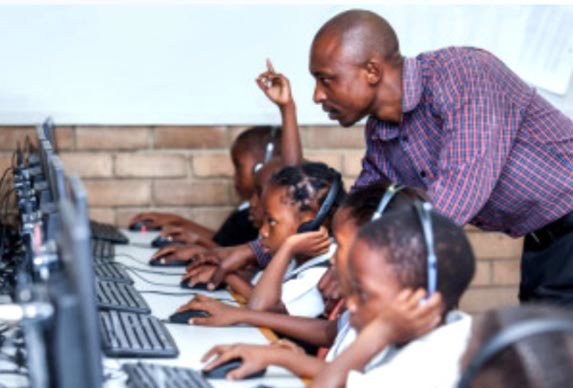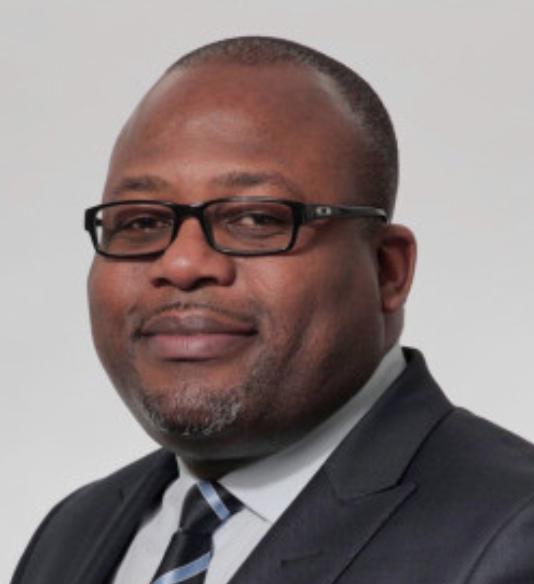In Sub-Saharan Africa nearly 800 million people have no broadband internet access, according to GSMA (Global System for Mobile Communications). While the terrestrial operators are focusing on deploying fiber in developed urban centers, peripheral and rural areas are left behind with poor quality 3G coverage... or nothing at all.

The Covid-19 pandemic has had a profound impact on the digital landscape. The lockdown measures and social distancing practices put into place have brought to light the importance of internet connectivity for social and economic wellbeing. In particular, the pandemic has highlighted the need for universal access to fast, reliable internet for individuals and businesses.

Achieving universal, affordable and good quality terrestrial internet access throughout Africa by 2030 will require an investment of $100 billion, according to the World Bank’s Broadband for All Working Group report. However, as terrestrial operators’ investments are primarily focused on improving broadband quality for the wealthiest customers living in urban city centers and extending basic services to uncovered white zones, this spending will not improve access to broadband for the latter.
In countries where willingness to pay for connectivity is low compared to western countries, terrestrial operators’ infrastructure developments are only cost-effective in very dense areas. Connecting those in remote areas who live out of reach of traditional cellular mobile networks will require alternative technologies, such as satellite and Wi-Fi-based technical solutions, the report notes.
As satellite technology provides widespread coverage, it does not require costly infrastructure investments to provide broadband internet access in rural areas and is not subject to the risk of vandalism. Therefore, satellite is the most cost-effective solution in the countryside and in peripheral urban areas.
At Konnect Africa, we are providing super-fast connectivity via satellite broadband, for consumers and small businesses, throughout the countries where we are operating. In Africa, we propose metered or Unlimited services, depending on a customers’ needs, at affordable prices that start at $15 for a monthly plan.
From November 2020, we will rely on our KONNECT satellite to propose even better performances of up to 50 Mbps. Our KONNECT satellite, the result of Eutelsat’s 40 years of experience in satellite connectivity, will cover 39 countries in Sub-Saharan Africa and provide broadband connectivity to hundreds of thousands of households and businesses in Africa, offering them a world of digital opportunities which they need and deserve.
Internet access is now defined as a basic right by the United Nation, such as electricity and clean drinking water. In the last Sustainable Development Goals Report 2020, the UN highlighted that low internet penetration in Africa may hinder the continent’s development.
Connected school projects in sub-Saharan Arica (in Kenya, Tanzania, Congo) prove that broadband internet access improves teaching quality and decreases education inequality. For example, in rural schools which have no library facilities, broadband internet gives teachers access to the national program and quality educational content. It also reinforces teachers’ confidence by giving them access to global internet knowledge. In addition, digital platforms have increased school enrollment and giving parents visibility on children’s grades and attendance has decreased absenteeism.
Those living in sub-Saharan Africa are the most disadvantaged: only 24 percent of upper secondary schools have access to the Internet. The pandemic has widened inequality even further: school closures prevented 90% of students worldwide from attending classes (that is 1.57 billion children) and a lack of Internet access at home put many already marginalized students at a further disadvantage. Among other initiatives, Konnect supports development of Congolese schools through a wide-ranging partnership with Schoolap and Flash Services.

Our primary objective is to grant access to broadband internet connectivity and to the Schoolap digital education platform for 3,600 schools in the next few months. We are planning to extend the project to the ten thousand schools in DRC, helping to deliver on government moves toward universal digital inclusion. In addition, broadband access in hospitals and administrations responsible for curbing the pandemic allows for better coordination.
Konnect supported those in charge of fighting COVID-19 in Congo (Kinshasa), Nigeria and South Africa, and provides free internet broadband service to remote pandemic isolation centers, clinics and coordination offices. These structures, located outside of terrestrial coverage, have been able to exchange best practices and share medical records. In addition, the coordination centers can now carry out information campaigns and circulate medical awareness messages in real time.
With pandemic lockdown enforcement, large parts of the population have been left without jobs or a means of subsistence. While in Europe government assistance is sheltering the most vulnerable groups from the impacts, few African countries have social safety nets to catch people if they lose their jobs. Universal internet access can help to implement such financial allocation systems.
Broadband internet can increase financial inclusion giving people access to mobile payment. Connecting remote local administrations will also increase census penetration and help governments to tailor services to the population and introduce effective social safety nets. Konnect supports the development of universal broadband access with solutions dedicated to rural populations in the Democratic Republic of Congo. We developed a hotspot solution dedicated to remote villages enabling low income populations to gain access to internet, with data plans starting at $0.25.
The hotspot solution is based on a local business model which ensures a financial return for the local reseller. The villages which benefit from the solution didn’t have any internet solutions available and have leveraged on Konnect to develop the local economy.
Bringing superfast broadband is possible from today, anywhere in Africa, even where cables don’t reach, thanks to satellite broadband. This will greatly promote the development of Sub-Saharan Africa. Our mission at Konnect is to make sure that our solutions are known and adapted to African needs, thus contributing to the continent’s growth and digitalization.
www.konnect.com

Jean-Claude Tshipama is the Business Development Director at Konnect Africa and has more than 16 years of experience in telecommunications, IT and the payTV industries. He has worked extensively in business development, marketing, sales, and distribution programs n across Africa, Europe, North America as well as the Pacific region.
Prior to joining the Konnect Africa, Jean-Claude acted as Chief Executive Officer of Zympala Inc. Canada and as a Non-Executive Board Director of Equity Bank in Kenya. He has previously held the position of Managing Director at Canal+ RDC (Canal+ subsidiary in the Democratic Republic of Congo) and has also worked as the Commercial Manager at Celtel in Africa, Head of Sales and Distribution for 19 countries in Africa at Microsoft Corporation and Head of Sales and Distribution at Digicel in the Caribbean and Pacific regions.

